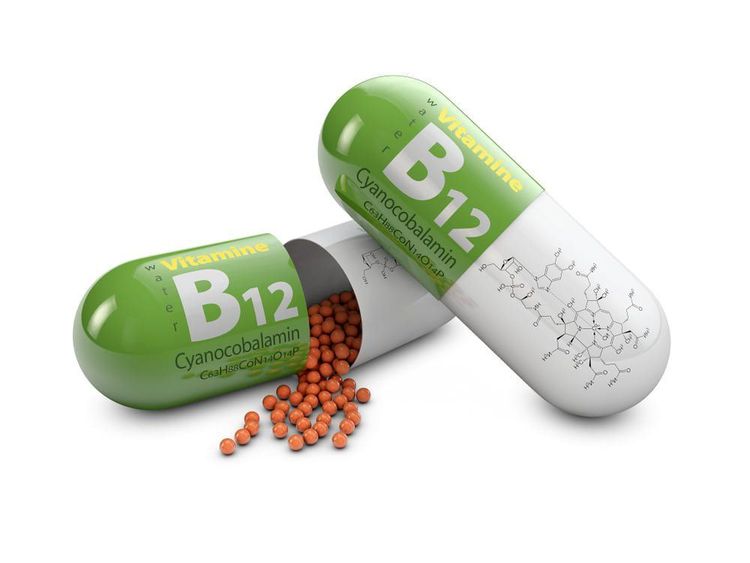To keep the lungs healthy and functioning optimally, it is crucial to include an adequate intake of vitamins in the daily diet. Below are some vitamins that are particularly beneficial for lung health.
1. Vitamin D supports respiratory health
Supplementing vitamin D in patients with chronic obstructive pulmonary disease (COPD) enhances their exercise capacity. Patients with COPD often find it difficult to engage in prolonged physical activities due to breathlessness. Even short exercises may cause significant respiratory discomfort. However, regular intake of vitamin D in daily meals can improve exercise performance for such patients.
Research suggests that vitamin D enhances lung function and increases exercise duration. In a study involving over 10,000 adults in South Korea, vitamin D supplementation improved lung capacity and eased breathing in patients with tuberculosis. Blood vitamin D levels are directly linked to lung function, as individuals with tuberculosis often exhibit low vitamin D levels. Hence, increasing vitamin D intake can significantly improve lung function.
2. Vitamin C reduces bronchial spasms
Vitamin C reduces airway inflammation and prevents bronchial spasms, making breathing easier during and after exercise. Exercise-induced bronchial spasms inflame the airways, restricting the free flow of air into the lungs. Symptoms of exercise-induced bronchial spasms include wheezing, coughing, and shortness of breath.
Numerous studies have shown that vitamin C acts as an anti-inflammatory agent, reducing airway narrowing and preventing exercise-induced bronchial spasms. This makes vitamin C an essential nutrient for maintaining respiratory health.
3. Vitamin A prevents respiratory diseases
Vitamin A, often associated with eye health, also supports normal lung function. Vitamin A promotes lung tissue repair and protects the lungs from infections by strengthening the mucosal lining. Thus, individuals with respiratory issues should include vitamin A-rich foods in their diets.
4. Vitamin B12 aids respiratory function
Vitamin B12 supports red blood cell production, preventing anemia and reducing shortness of breath. A deficiency in vitamin B12 can lead to anemia, causing fatigue and shortness of breath, especially during physical exertion.
Studies have demonstrated that adequate blood levels of vitamin B12 can improve respiratory issues and significantly reduce the risk of lung cancer.

5. Vitamin E protects lung health
Vitamin E acts as a powerful antioxidant that protects lung tissue from damage caused by pollutants. When sufficient vitamin E is supplied, lung tissue can recover, and lung capacity can rebuild, addressing respiratory concerns. As a powerful antioxidant, vitamin E protects the lungs by neutralizing the effects of inhaled pollutants.
Vitamins are organic compounds, also known as essential micronutrients, that participate in cell structure, energy metabolism, and overall bodily functions. To maintain healthy and well-functioning lungs, it is important to incorporate a balanced diet rich in essential nutrients, particularly vitamins.
To schedule an appointment at the hospital, please contact the HOTLINE or book directly HERE. Download the MyVinmec App to manage, track, and schedule appointments conveniently anytime, anywhere.













